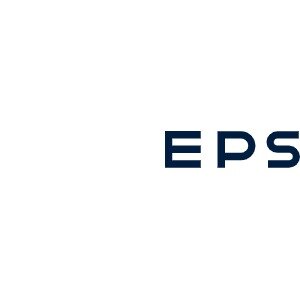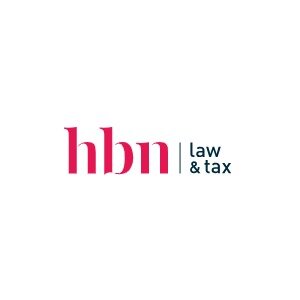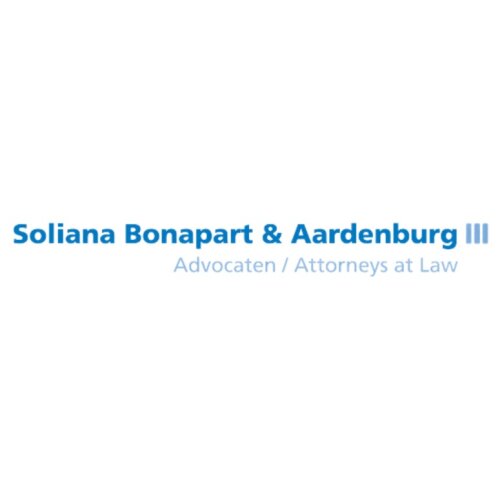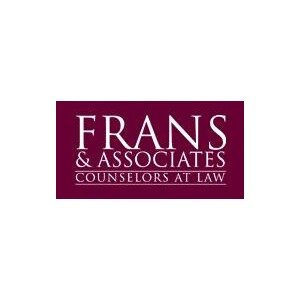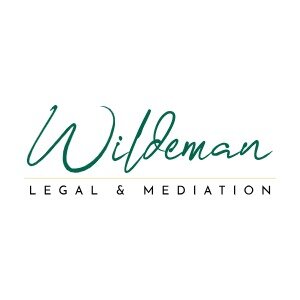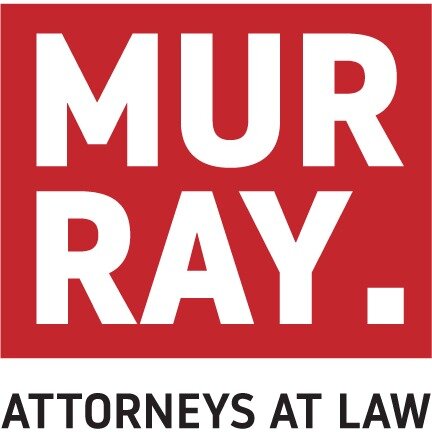Best Sanctions & Export Controls Lawyers in Curaçao
Share your needs with us, get contacted by law firms.
Free. Takes 2 min.
Or refine your search by selecting a city:
List of the best lawyers in Curaçao
About Sanctions & Export Controls Law in Curaçao
Sanctions and export controls law in Curaçao plays a crucial role in managing the international trade and movement of goods, technology, and services to and from the island. As an autonomous country within the Kingdom of the Netherlands, Curaçao must comply with both local legislation and international obligations, including sanctions imposed by the United Nations, the European Union, and the Kingdom itself. These laws are designed to prevent illegal trade, protect national security, and ensure that businesses and individuals in Curaçao do not contribute to activities such as terrorism, money laundering, or the proliferation of weapons of mass destruction. Understanding these legal frameworks is essential for anyone involved in import, export, shipping, finance, or businesses operating across borders.
Why You May Need a Lawyer
Navigating sanctions and export controls regulations can be complex and challenging, even for experienced business owners or professionals. You may need a lawyer if you find yourself in any of the following situations:
- You are importing or exporting goods, technology, or services and are unsure about the legality of your transaction.
- Your business is contacted by an international customer or supplier from a sanctioned country.
- You have received a notification or inquiry from a governmental body regarding customs, export licenses, or sanctions compliance.
- You suspect your business may have violated sanctions or export controls laws, whether knowingly or accidentally.
- You are facing penalties, investigations, or enforcement actions.
- Your company is expanding into new international markets and needs to ensure full compliance with Curaçao’s and international export controls laws.
- You require guidance for drafting compliance policies, conducting employee training, or carrying our internal investigations regarding sanctions compliance.
Lawyers specialized in this area can provide risk assessments, represent you in dealings with authorities, help obtain necessary licenses, and guide you through complex legal frameworks.
Local Laws Overview
Curaçao holds a unique position in the Kingdom of the Netherlands, which means its export controls and sanctions frameworks are shaped by local, Kingdom, and international laws. Some of the most relevant aspects include:
- National Legislation: Curaçao applies national laws on the control of goods, services, and technologies. The import and export of strategic goods, such as military equipment or dual-use items, is subject to licensing and reporting requirements.
- Kingdom Obligations: As part of the Kingdom of the Netherlands, Curaçao must enforce sanctions adopted by the Kingdom, many of which derive from United Nations Security Council resolutions and the European Union’s sanctions regime.
- Export Licensing: Exporting certain goods, especially those that could have both civilian and military uses (dual-use items), often requires an official export license. Failing to secure required documentation may lead to significant penalties.
- Financial Sanctions: Curaçao applies financial restrictions against entities and persons on sanctions lists. This can affect banking, payments, and other financial transactions.
- Customs Enforcement: Customs authorities in Curaçao are tasked with enforcing sanctions and export controls at borders and within free economic zones. Non-compliance may result in seizure of goods or legal action.
It is vital for businesses and individuals involved in international trade to remain updated on changes in these regulations and to maintain effective compliance measures.
Frequently Asked Questions
What are sanctions and export controls?
Sanctions are legal restrictions imposed by authorities to prohibit or limit trade, financial transactions, or other activities with specific countries, entities, or individuals. Export controls regulate the transfer of certain goods, technology, or services across borders, especially those that can be used for military or sensitive purposes.
Who enforces sanctions and export controls in Curaçao?
Enforcement is carried out by various government bodies, primarily the Customs Department of Curaçao and relevant ministries, in cooperation with law enforcement agencies and financial regulators.
What are dual-use goods?
Dual-use goods are items, software, or technologies intended for civilian use but which may also have military or security applications. Exporting these goods often requires special licenses.
Do I need a license to export goods from Curaçao?
Exports of certain goods, especially strategic or dual-use items, typically require an export license. The specific requirements depend on the type of product, destination country, and applicable international sanctions.
What are the consequences of violating sanctions or export control laws?
Violations can result in severe penalties, including monetary fines, loss of licenses, confiscation of goods, criminal prosecution, and reputational damage to your business.
How can I check if a person or company is sanctioned?
You can check current sanctions lists published by the government of Curaçao, the Kingdom of the Netherlands, the European Union, or the United Nations. Legal professionals and compliance advisers can help perform screening against these databases.
Are financial transactions subject to sanctions regulations in Curaçao?
Yes. Banks and other financial institutions are required to comply with financial sanctions and must screen payments and clients to identify prohibited transactions.
How often do sanctions and export controls change?
These laws and regulations change frequently, depending on international developments and political decisions. Businesses must stay informed and regularly review updates from official sources.
Can I apply for an exemption or license if my transaction is otherwise prohibited?
In some cases, it is possible to apply for an exemption or a specific license. Legal advice is crucial to navigate the application process and assess the chances of success.
What should I do if I suspect my business has violated sanctions?
You should immediately seek legal advice, assess the situation, and consider making a voluntary disclosure to authorities if appropriate. Early action can often mitigate potential penalties.
Additional Resources
If you need further information or assistance regarding sanctions and export controls in Curaçao, the following resources may be helpful:
- Customs Department of Curaçao: For information on import-export procedures and compliance.
- Ministry of Economic Development of Curaçao: For licensing and regulatory guidelines.
- Central Bank of Curaçao and Sint Maarten: For financial sanctions compliance and guidance for institutions.
- Kingdom of the Netherlands Sanctions Coordination: For the latest updates and applicable Kingdom-level sanctions.
- Legal Associations and Bar: For referrals to qualified sanctions and export control lawyers in Curaçao.
Next Steps
If you or your business require assistance with sanctions and export controls in Curaçao, it is important to act promptly and responsibly. Here are recommended next steps:
- Identify the specific issue or compliance question you are dealing with.
- Gather as much relevant documentation as possible, such as contracts, invoices, correspondence, and any communications from authorities.
- Contact a lawyer or legal expert who specializes in sanctions and export controls law in Curaçao for a confidential consultation.
- Stay informed using the resources and governmental bodies mentioned above.
- Implement or update internal policies and employee training programs to improve ongoing compliance.
- React quickly to any official notifications or investigations and follow legal advice carefully.
Taking early action helps protect your interests and ensures that you are operating within the bounds of local and international laws.
Lawzana helps you find the best lawyers and law firms in Curaçao through a curated and pre-screened list of qualified legal professionals. Our platform offers rankings and detailed profiles of attorneys and law firms, allowing you to compare based on practice areas, including Sanctions & Export Controls, experience, and client feedback.
Each profile includes a description of the firm's areas of practice, client reviews, team members and partners, year of establishment, spoken languages, office locations, contact information, social media presence, and any published articles or resources. Most firms on our platform speak English and are experienced in both local and international legal matters.
Get a quote from top-rated law firms in Curaçao — quickly, securely, and without unnecessary hassle.
Disclaimer:
The information provided on this page is for general informational purposes only and does not constitute legal advice. While we strive to ensure the accuracy and relevance of the content, legal information may change over time, and interpretations of the law can vary. You should always consult with a qualified legal professional for advice specific to your situation.
We disclaim all liability for actions taken or not taken based on the content of this page. If you believe any information is incorrect or outdated, please contact us, and we will review and update it where appropriate.
Browse sanctions & export controls law firms by city in Curaçao
Refine your search by selecting a city.



